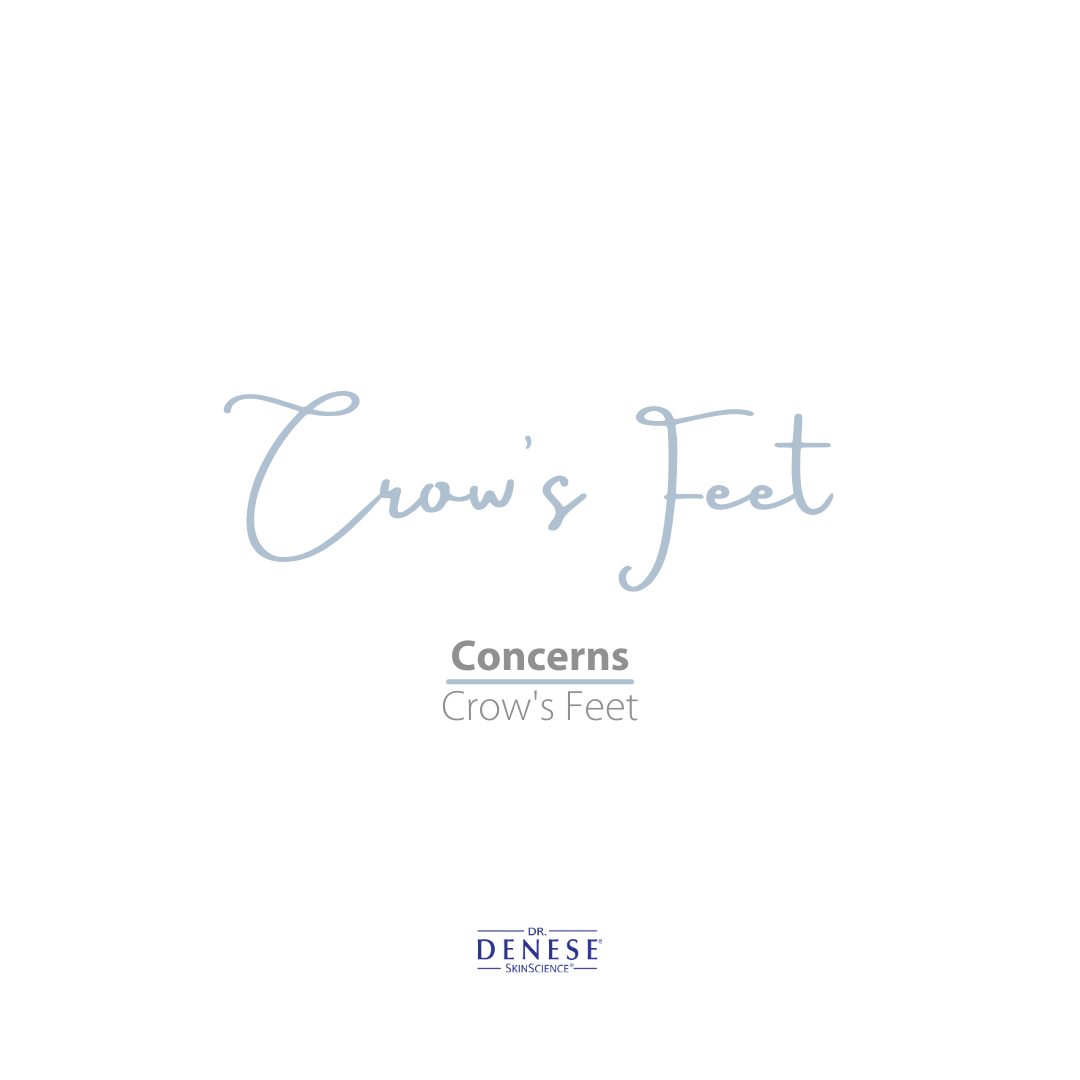Aging is a part of life. We all have to deal with it eventually. Wrinkles around the mouth and forehead are an inevitable side effect of the aging process as people enter the golden years of life. Crow’s feet, the name given to the wrinkles around the eyes, can happen to people a younger age than some of the other signs of aging because the skin around the eyes tends to be thinner and more vulnerable to damage. No one wants to look older than they are thanks to these lines, so there are many effective steps established in crows feet treatment to bring back a smooth, youthful eye area.
While it is important to understand some wrinkles around the eyes when smiling or laughing is completely normal as the skin is being stretched, lines can become deeper set in the skin without proper crows feet treatment.
Any good anti-aging beauty routine should include a moisturizer rich in certain wrinkle preventing agents. Retinol has been proven to get results as a crows feet treatment. It is recommended every person concerned with crows feet uses a Retinol based moisturizer before bed. You should also include a morning moisturizer with at least an SPF of 30 or higher to protect the skin around the eyes from premature aging caused by UV rays.
While many beauty products are available for crows feet treatment, sometimes prevention is the best option. It is recommended to sleep on your back to avoid the bunching and stretching of skin caused by sleeping on your side. Another way to prevent crows feet is a silk pillowcase which can help in the same way as sleeping on your back.
When it comes to the daytime habits needed for crows feet reduction, you should wear sunscreen, sunglasses, and hats to limit exposure to the sun as much as possible. Avoiding smoking or other air pollutants can also benefit your skin and help benefit crows feet.
No matter what precautions you take, some amount of crows feet is perfectly normal as we age. These lines are a sign that you have loved and laughed deeply as you enter the latter part of life, but keeping them at bay a little longer has never been easier!

